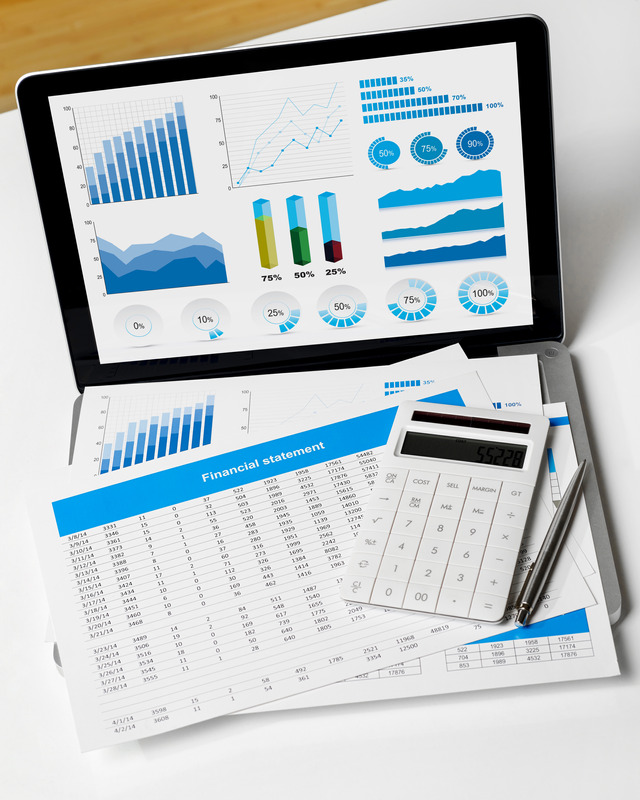Need free consultancy? Book Now

Budgeting and Forecasting for SMEs | From Planning to Profit
In today’s competitive business environment, clear and practical budgeting and forecasting for SMEs are indispensable financial tools that must be leveraged for businesses to remain financially feasible and achieve sustainable growth. These processes form the backbone of effective financial planning, guiding SMEs from planning stages to achieving profitability. In this article, we’ll walk you through the journey from financial planning to profit, outlining the key strategies every SME should adopt.
The Role of Budgeting & Forecasting for SME
Budgeting for SMEs involves creating a detailed financial plan that estimates future revenue and expenses, while forecasting for SMEs is the process of predicting future financial outcomes based on historical data, market trends, and business conditions. Together, they enable SMEs to optimise resources, make informed decisions, and ultimately maximise profits. Let’s look at how SMEs can transition from planning to profit using these essential tools.
Understanding the Financial Planning Process for SMEs
The Importance of Financial Planning
Effective financial planning for SMEs lays the foundation for business success by providing a clear roadmap. It helps in resource allocation, risk management, and setting the business on a path to achieving its goals.
Setting Financial Goals
Establishing clear, measurable, and achievable financial goals is crucial. These goals could range from increasing profit margins, reducing costs, to expanding into new markets. A well-defined objective guides both budgeting and forecasting efforts.
Align Financial Planning with Business Strategy
To ensure financial plans support broader business objectives, both budgeting and forecasting for SMEs should be aligned with the company’s strategic goals. This alignment helps in directing resources to areas that will have the most significant impact on sustainable growth and profitability.
Creating a Solid Budget
The First Step to Financial Success
Identifying Revenue Streams
SMEs must accurately forecast revenue by analysing historical data, understanding market trends, and considering seasonal fluctuations. A clear picture of potential income streams forms the basis of an effective budget.
Allocating Resources Effectively
Resource allocation should prioritise spending on key business functions such as operations, marketing, and R&D. Effective resource management ensures that every expenditure supports the company’s growth objectives.
Planning for Profitability
A budget isn’t just about controlling costs; it’s about planning for profitability. Include profit targets in your budget and ensure expenses align with revenue forecasts to maintain healthy profit margins.
Forecasting for Growth
Turning Data into Decisions
Types of Forecasts
Different business scenarios require different forecasting methods. For example, qualitative forecasting might be suitable for new businesses without much historical data, while quantitative methods work best when data is available.
Data-Driven Forecasting
Using accurate and up-to-date data is critical for effective forecasting. Incorporate data-driven financial planning for SMEs into your strategy to enhance the accuracy of predictions and to adjust plans as new data becomes available.
Scenario Analysis
Prepare for various business conditions by creating best-case, worst-case, and most-likely scenarios. This helps in identifying potential risks and opportunities, ensuring the business can navigate challenges effectively.
Integrating Budgeting and Forecasting
A Cohesive Approach to Financial Management
Aligning Budgets with Forecasts
Integrate budgeting and forecasting processes to create a unified financial strategy. This approach ensures that your budget is realistic and adaptable, reflecting the most current business conditions.
Monitoring and Adjusting Plans
Regular reviews of financial performance against budgets and forecasts are essential. Adjustments based on these reviews help keep the business on track to meet its profitability targets.
Tools and Technologies
Utilise financial software and dashboards that offer features like data visualisation, scenario analysis, and integration with accounting systems. These tools simplify and enhance the accuracy by providing data-driven budgeting and forecasting for SMEs.
Common Mistakes SMEs Make
How to Avoid Them
Overestimating Revenue
Unrealistic revenue projections can lead to cash flow problems. It’s crucial to use conservative estimates and account for potential fluctuations in revenue.
Ignoring Cash Flow
Managing cash flow is as important as planning for profit. Ensure that you have enough liquidity to cover operational expenses and unexpected costs.
Lack of Contingency Planning
Always have a backup plan for unforeseen challenges. An emergency fund or contingency budget can prevent financial distress during unexpected downturns.
Practical Tips
Moving from Planning to Profit
Regular Financial Reviews
Conduct regular financial check-ins to compare actual results against budgets and forecasts. This practice helps identify discrepancies early and allows for timely adjustments.
Key Performance Indicators
Identify and track critical KPIs such as cash flow adequacy, budget variance, and profit margins. These metrics provide insights into financial health and guide decision-making.
Continuous Improvement
Use feedback from financial reviews to refine your planning process. An ongoing improvement cycle helps adapt to changing conditions and enhances financial performance.

Specialist SME Support from GenZed
At GenZed, our team of specialists in financial management for SMEs can help optimise your budgeting and forecasting strategies, tailoring them to the unique needs of your business. You’ll benefit from customised financial models and advanced data-driven forecasting techniques, designed to aid sustainable growth and profitability.
In addition to our proprietary cutting-edge technology with customisable client dashboards, we leverage cutting-edge financial software, offering real-time data visualisation, scenario analysis, and seamless integration with your accounting systems. Our data-driven approach not only simplifies the budgeting process but also enhances the accuracy of your forecasts, empowering you to make informed decisions every step of the way.
Learn moreThe Role of Expert Guidance
Financial Planning for SMEs
Benefits of Consulting Financial Experts
Professional advice can optimise the budgeting strategies for SMEs, ensuring that they are tailored to the unique needs of the business.
Choosing the Right Financial Partner
Select experienced financial consultants who understand the challenges faced by SMEs and can provide actionable insights.
How Experts Can Help SMEs Grow Profitably
Financial experts offer customised financial models and advanced forecasting techniques, helping SMEs plan for sustainable growth and profitability.
Case Studies and Real-Life Examples
Real-World SME Success Stories
For instance, a retail SME utilised accurate cash flow management for SMEs to secure financing and manage inventory effectively, leading to rapid growth and expansion.
Expert Insights and Quotes
Financial experts often recommend using technology in financial planning to reduce errors and improve decision-making. This helps SMEs make informed decisions based on real-time data.
Lessons Learned
Regular financial reviews and scenario planning can significantly improve a business’s ability to navigate market changes and achieve profitability.
Conclusion
From Planning to Profit – Making the Journey Successful
Budgeting and forecasting are more than just financial exercises; they are strategic tools that can guide SMEs from planning to profitability. By focusing on these essential strategies and integrating these practices into daily business management for SMEs, companies can achieve sustainable growth and success.
If you’re looking to optimise budgeting and forecasting for your business, contact us for personalised solutions. We offer a free no-obligations consultation to identify tailored strategies, and move your business from planning to profit. Let’s start your financial planning journey with confidence, effectively navigating today’s financial landscape and achieve your profitability goals.
Join Us In
Three Easy Steps
Get in touch
Get in touch to find out how our accounting and bookkeeping solutions can streamline your finances and boost your business.
Chat to an expert
Chat with our experts today for tailored accounting and bookkeeping solutions to enhance your business performance.
Get a fixed quote
Secure a fixed quote today for accurate pricing on our expert accounting and bookkeeping services. No surprises, just great value.
NEWSLETTER
Subscribe to Our Newsletter

NEWSLETTER
Subscribe to Our Newsletter
Receive expert tips and insights on accounting and bookkeeping to help grow your business with confidence.